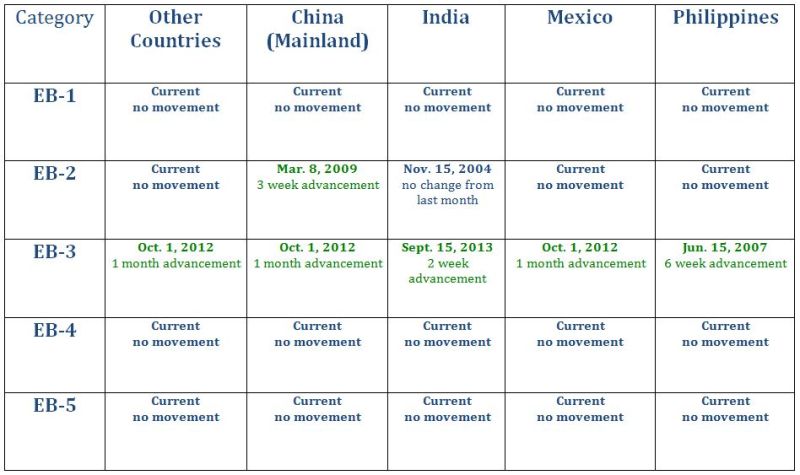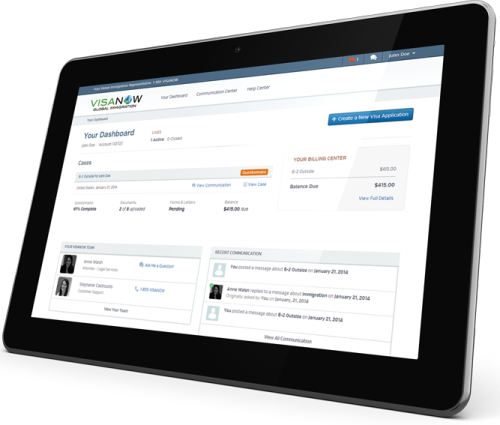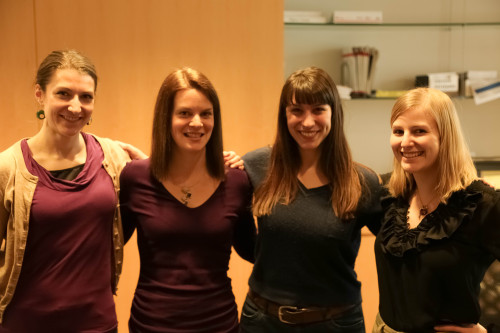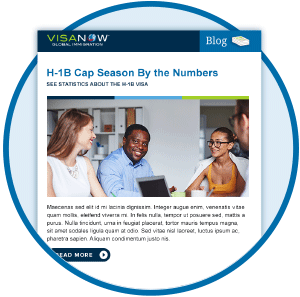By VISANOW Contributor|2017-03-27T08:36:06+00:00February 21, 2014|
The immigration process is about uniting families and loved ones while offering life-changing opportunities to students and professionals. Unfortunately, there are some that try to take advantage of that process by using an immigration scam designed to prey upon your opportunities and relationships.
While there are a variety of scams they often rely on similar tactics. Before applying for a visa be on the look out for these three warnings signs of a scam.
Requesting Money

Don’t get caught by immigration scams that request money. Image credit: Barb Leung via Flickr
While making a request for money from a U.S. citizen is a common tactic used by online scammers, it is not a definitive sign of an online scam. If a request is made for money it is important to ask the reason why funds are needed to determine the validity of the request.
The most common reasons Internet scammers will claim they need money include:
- To pay additional visa government fees
- To purchase plane tickets prior to filing the visa
- They need to have a specific amount of money in the bank or cash on hand before applying for the visa
- To pay extremely high passport fees
- A sudden and frequent life-changing accident occurs and they need your help covering the cost
One of the most typical scenarios is that your online companion will suddenly experience a traumatic, life-changing event that requires the help of your money. It is important to be suspicious of such requests. If your online friend or one of their family members becomes suddenly ill, has an accident, experiences a death in the family, or has a sick child that needs help, take note of those situations as warning signs.
Be sure to educate yourself about the filing fees requested by the U.S. consulate. For instance if your companion is traveling to the U.S. for vacation, they will be using a B-2 visa. Currently, the standard filing fee for a U.S. B-2 visitor visa is $160 and regardless of the country of origin.
Fraudulent Passports and Visa Documents

Example of a U.S. visa. Image credit: Shujenchang
Some scammers may claim they already have a visa to the United States. They may be even willing to show you a copy of their passport and visa to assure you of their legitimacy. It is important that you know how to identify authentic visas and passports.
Warning signs of fraudulent visas or passports include:
- Inconsistencies in physical appearance between passport and visa photos
- The picture is provocative or revealing in nature
- Obvious evidence of digital alteration, enhancement, or Photoshop editing
- Any pictures not formatted as a 2×2 headshot
The U.S. government approved format for a passport or visa photo is a 2×2 headshot photo. If the photo shows anything below the shoulders it may not be a legitimate passport or visa. To best understand the government requirements for passport and visa photos, please review the U.S. Department of State site.
Suspicious Immigration Services Located Overseas
Individual scammers are not the only ones taking advantage of the immigration process. There are fraudulent and illegitimate businesses that scam foreign nationals and U.S. citizens in search of immigration help.
For instance, there have been reports of a rash of scams directed at technology workers from India. These fraudulent companies promise to help individuals obtain a H-1B visa to work in the U.S., but after taking their money never deliver on their promise of a visa.
Warning signs of suspicious immigration services include:
- Charging fees for application forms
- A guaranteed approval of a B-2 visitor visa
- Unrealistic expedited processing times
Oftentimes immigration scammers will attempt to sell government forms that are free to obtain through U.S. Citizenship and Immigration Services.
These scammers typically guarantee approvals for B-2 visitor visas. No one is able to guarantee the approval of a visitor visa and any claim to the contrary is a sign of an immigration scam. Anyone who promises otherwise is intentionally misleading you. United States immigration attorneys cannot guarantee approvals for visitor visas, but working with one will significantly increase your chances of approval.
Avoid An Immigration Scam
The immigration and visa process is a complicated matter that requires time, patience, and thorough inspection. Scammers often promise fast outcomes and expedited processing times, which provide people with unrealistic expectations for the process.
If you believe yourself to be the victim of a scam, you can report it to the Internet Crime Complaint Center.
While the internet has opened up unprecedented possibilities for connecting with people from all over the world, it has also left those seeking companionship abroad increasingly vulnerable. Sadly, there are those who try to con U.S. citizens looking for love out of the country.
The best way to avoid being victim of an immigration scam is to stay educated on the immigration process, take note of the warning signs, and get help from a reputable immigration attorney.













